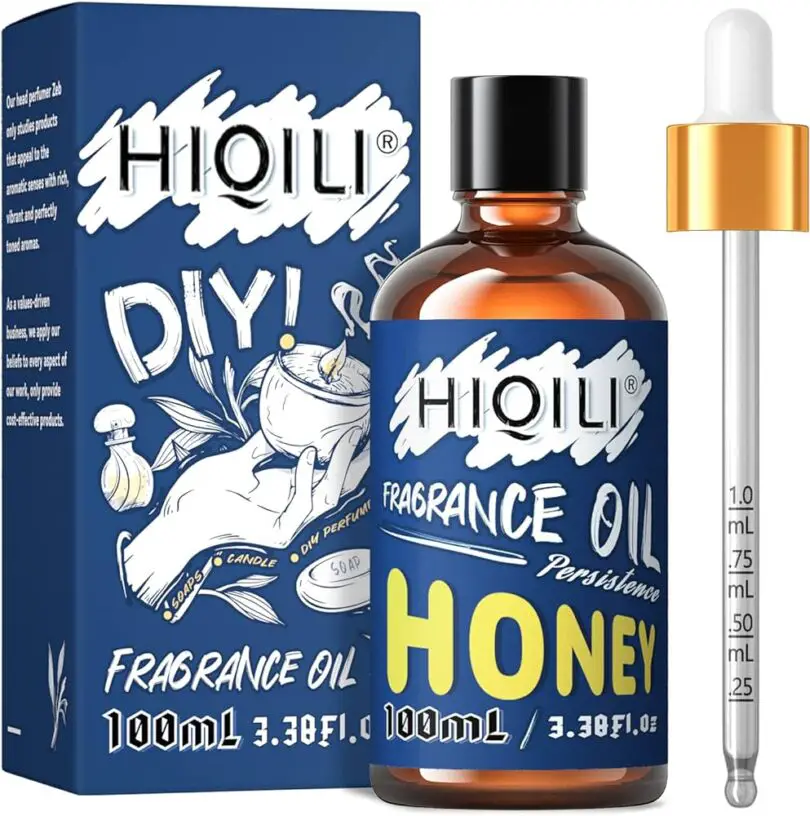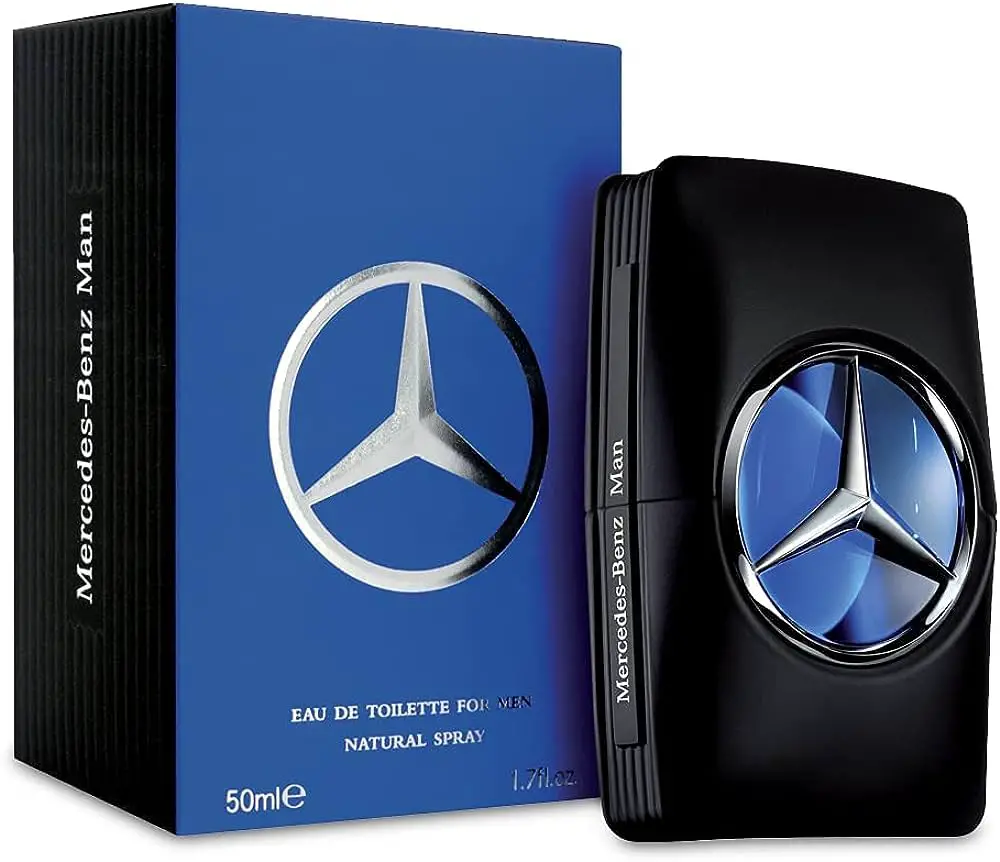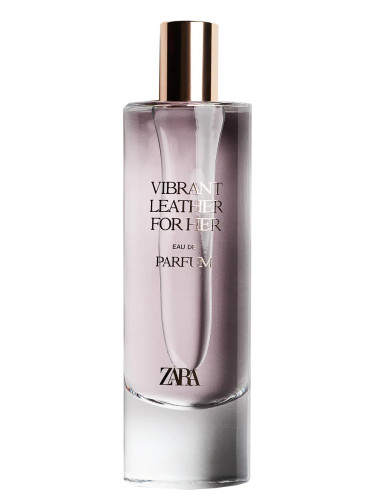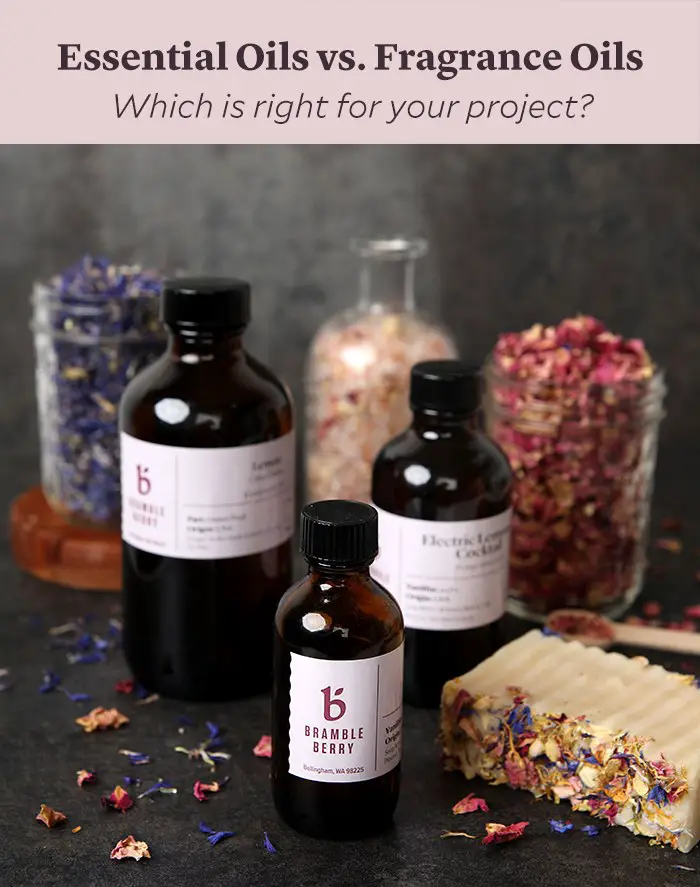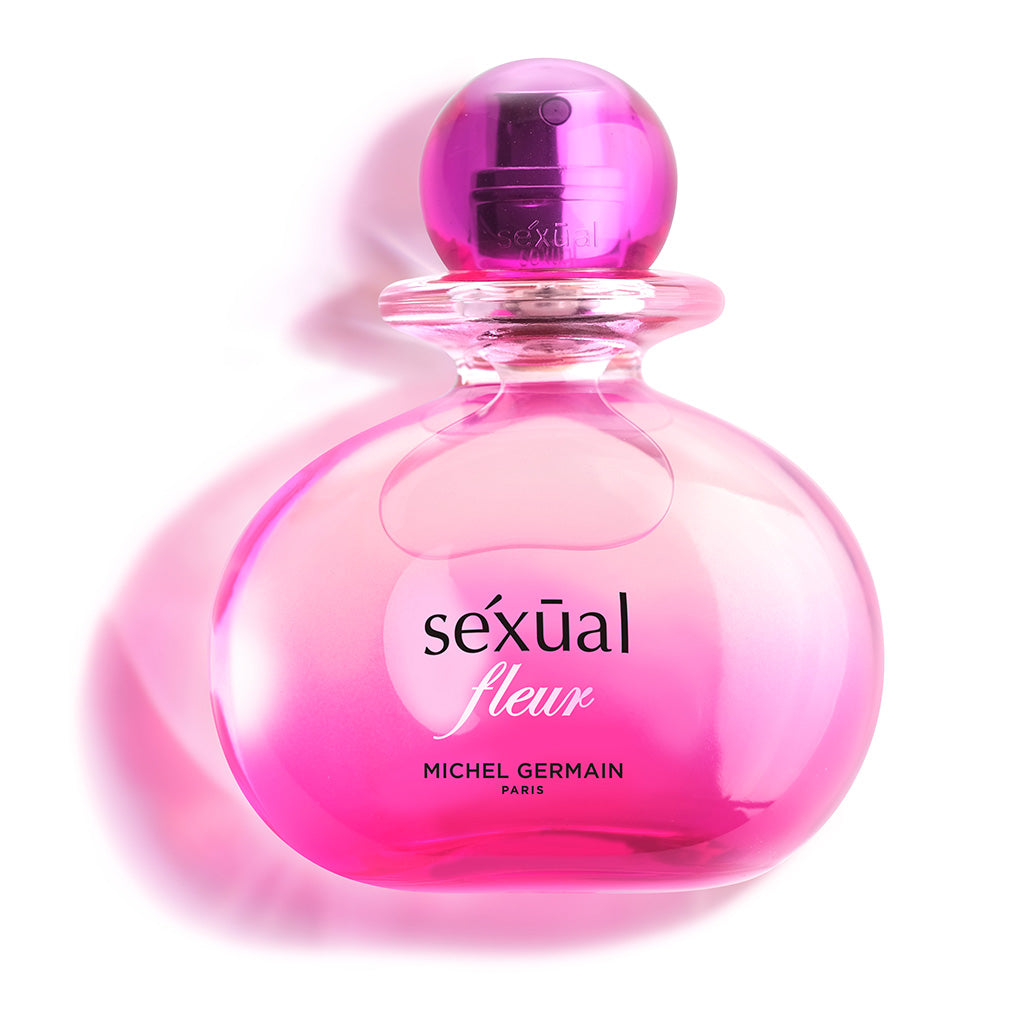Crafting your own perfume at home can be a rewarding and creative experience. Not only does it allow you to experiment with different scents to create something truly unique, but it is also a more natural and potentially healthier alternative to many commercial perfumes that may contain unwanted chemicals. In this comprehensive guide, we’ll explore the steps needed to make your own perfume at home using simple ingredients and methods.

Credit: craftovator.co.uk
Gathering Your Supplies
Before we dive into the perfume-making process, it’s essential to gather all the necessary supplies. You’ll need:
- Essential oils or fragrance oils of your choice
- Carrier oil (such as jojoba oil, sweet almond oil, or grape seed oil)
- High-proof alcohol (like vodka or Everclear)
- Distilled water (optional, for eau de toilette)
- Dark glass bottles or perfume vials
- Pipettes or droppers
- Funnel
- Measuring spoons or beakers
- Labels and a pen for labeling your creations
Understanding Fragrance Notes
Perfumes are typically composed of three types of notes:
- Top Notes: These are the first scents that you smell and they evaporate quickly. Citrus, herbaceous, and light floral scents are common top notes.
- Middle Notes: Also known as heart notes, these scents develop after the top notes and are the core of the perfume. They are usually well-rounded and pleasant, often floral or fruity.
- Base Notes: These scents linger the longest and help to anchor the perfume. Wood, musk, and resin scents are typical base notes.
The Perfume Making Process
Step 1: Creating Your Perfume Blend
Start by deciding which essential oils you want to use for your top, middle, and base notes. You can do this by testing the oils on perfume blotters or just by smelling them from the bottle. Once you have selected your oils, it’s time to begin blending.
| Ingredient | Amount (for a 10ml bottle) | Note Type |
|---|---|---|
| Base Note Oil | 20 drops | Base |
| Middle Note Oil | 15 drops | Middle |
| Top Note Oil | 10 drops | Top |
Combine the essential oils in the correct proportions in a dark glass bottle. Cap the bottle and let it sit for a few days to allow the scents to meld together.
Step 2: Diluting Your Blend
Once your oils have blended, it’s time to dilute them to create a wearable perfume. You’ll need to measure out your carrier oil or alcohol:
- For a pure perfume (parfum), use a mixture of 15-30% essential oil blend and 70-85% alcohol.
- For an eau de toilette, use a mixture of 5-20% essential oil blend, 75-80% alcohol, and 5% distilled water.
Step 3: Aging Your Perfume
After diluting your perfume blend, it should be aged to let the scents fuse and mature. You should let your perfume age anywhere from a few weeks to a few months. The longer you let it age, the more complex and smoother the fragrance can become.
Step 4: Filtering And Bottling
Once your perfume has aged, you may notice some cloudiness or sediment from the essential oils. You can filter this out using a coffee filter or fine mesh strainer. Finally, using a funnel and pipette, transfer your finished perfume into a clean dark glass bottle for storage and use.
Step 5: Labeling And Storing
Be sure to label your perfume with the date and ingredients so you know what you’ve made. Store your perfume in a cool, dark place to preserve the scent.

Credit: www.amazon.com
Tips for Perfecting Your Homemade Perfume
- Start with a small batch to test the blend before making a larger quantity.
- Keep detailed notes of your recipes so you can recreate or tweak them later.
- Respect the recommended dilution rates to prevent skin irritation.
- Use high-quality, pure essential oils for the best fragrance and benefits.
- Don’t rush the aging process—patience often yields a superior scent.
Frequently Asked Questions
What Ingredients Are Needed For Homemade Perfume?
Basic ingredients for homemade perfume include essential oils, alcohol, distilled water, and a fixative, such as glycerin.
How Do You Choose Perfume Scents?
Select scents based on personal preferences, considering notes like floral, citrus, woodsy, or oriental to create a balanced fragrance.
Can I Use Vodka To Make Perfume?
Yes, high-proof vodka is an excellent alcohol base for homemade perfumes due to its neutral odor and effective solvent properties.
What Is The Process Of Making Perfume?
The process involves blending essential oils for the desired scent profile, diluting with alcohol, aging to develop depth, and adding a fixative.

